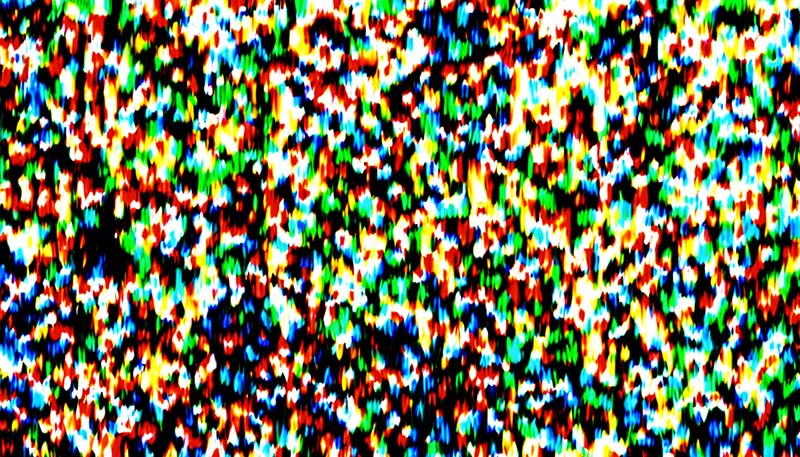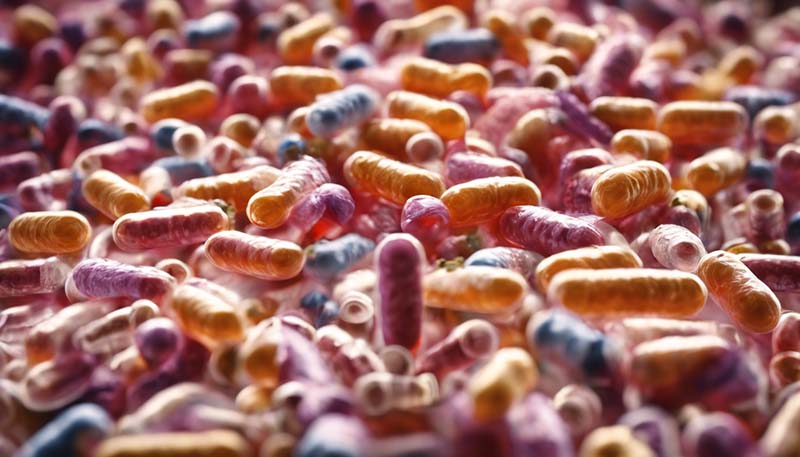Sure, here\'s an article with the requested title:
---
# Vitamin D Deficiency: How to Get Enough of the Sunshine Vitamin
Vitamin D is often referred to as the \"sunshine vitamin\" because our bodies can produce it through exposure to sunlight. It plays a crucial role in various bodily functions, including immune system regulation, bone health, and cellular differentiation. Despite its importance, many people suffer from vitamin D deficiency, which can lead to a range of health issues. In this article, we will explore the causes of vitamin D deficiency, its symptoms, and ways to ensure you get enough of this vital nutrient.
## What is Vitamin D?
Vitamin D is a fat-soluble vitamin that is unique in that it can be produced by the body with the help of sunlight. There are two main forms of vitamin D: D2 (ergocalciferol) and D3 (cholecalciferol). D2 is produced by plants, while D3 is produced by the skin when it is exposed to ultraviolet B (UVB) rays from the sun.
Once produced or consumed, vitamin D is metabolized in the liver and kidneys to form its active form, calcitriol, which is essential for calcium and phosphorus absorption and bone health.
## Causes of Vitamin D Deficiency
Several factors can contribute to vitamin D deficiency:
1. **Limited Sun Exposure**: People who live in higher latitudes, work indoors, or cover their skin for cultural or religious reasons may not get enough sunlight to produce vitamin D.
2. **Skin Type**: Individuals with darker skin have more melanin, which reduces the skin\'s ability to produce vitamin D from sunlight.
3. **Age**: As we age, our skin becomes less efficient at synthesizing vitamin D.
4. **Obesity**: Excess body fat can sequester vitamin D, reducing its availability for the body.
5. **Certain Medications**: Some medications can interfere with vitamin D absorption or metabolism.
6. **Inadequate Diet**: Few foods naturally contain vitamin D, and many people do not consume enough of these foods.
## Symptoms of Vitamin D Deficiency
The symptoms of vitamin D deficiency can be subtle and may include:
- Fatigue and muscle weakness
- Bone pain
- Increased susceptibility to infections
- Mood changes, such as depression
- In children, delayed growth and rickets (softening and weakening of bones)
## How to Get Enough Vitamin D
Here are some strategies to ensure you get enough vitamin D:
Sun Exposure
The most natural way to get vitamin D is through sun exposure. The recommended time for sun exposure varies depending on your geographical location, time of year, and skin type. Generally, 10-30 minutes of sun exposure on the face, arms, and legs a couple of times a week can be sufficient for light-skinned individuals. However, always practice safe sun exposure to avoid the risks of skin cancer.
Diet
Incorporating vitamin D-rich foods into your diet can help. Foods that naturally contain vitamin D include:
- Fatty fish (salmon, mackerel, sardines)
- Cod liver oil
- Beef liver
- Egg yolks
- Fortified dairy products and cereals
Supplements
Vitamin D supplements are available in two forms: D2 and D3. D3 is more potent and longer-lasting in the body, making it the preferred choice for supplementation. It\'s important to consult with a healthcare provider before starting any supplementation to determine the appropriate dosage.
Check Your Levels
If you suspect a deficiency, a blood test can measure your vitamin D levels. This can help guide your doctor in recommending the best course of action.
## Risks of Overdosing on Vitamin D
While it\'s challenging to overdose on vitamin D from sun exposure or diet alone, taking excessive amounts of vitamin D supplements can lead to hypervitaminosis D. Symptoms of vitamin D toxicity include:
- Nausea and vomiting
- Weakness and weight loss
- Heart arrhythmias
- Kidney damage
## Conclusion
Vitamin D is an essential nutrient for overall health, and ensuring you get enough should be a part of your health routine. By being mindful of your sun exposure, diet, and supplementation, you can maintain healthy vitamin D levels and support your body\'s functions. Always consult with a healthcare professional before making significant changes to your health regimen.
---
Please note that this article is for informational purposes only and should not be considered medical advice. Always consult with a healthcare professional for personalized advice regarding your health.






























Leave a comment